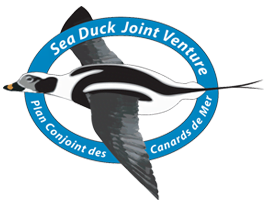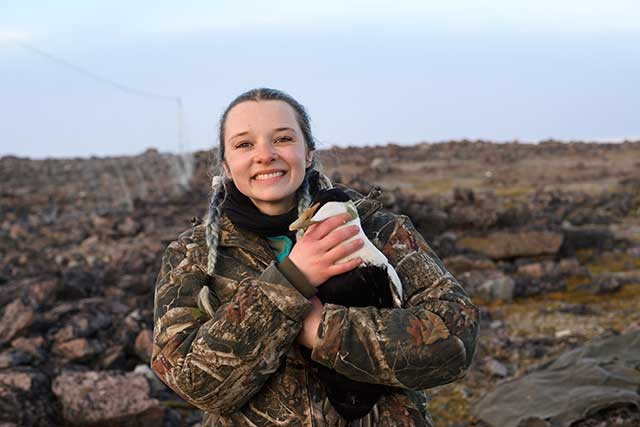
Feb 27, 2025 | News
Shay holding a Common Eider, Credit: Daniel Giesbrecht Shayla (Shay) Kroeze is a Ph.D. student at Queen’s University, co-supervised by Dr. Vicki Friesen and Dr. Grant Gilchrist. She completed her B.Sc. (Honours) and her M.Sc. at the University of Western Ontario. Her...
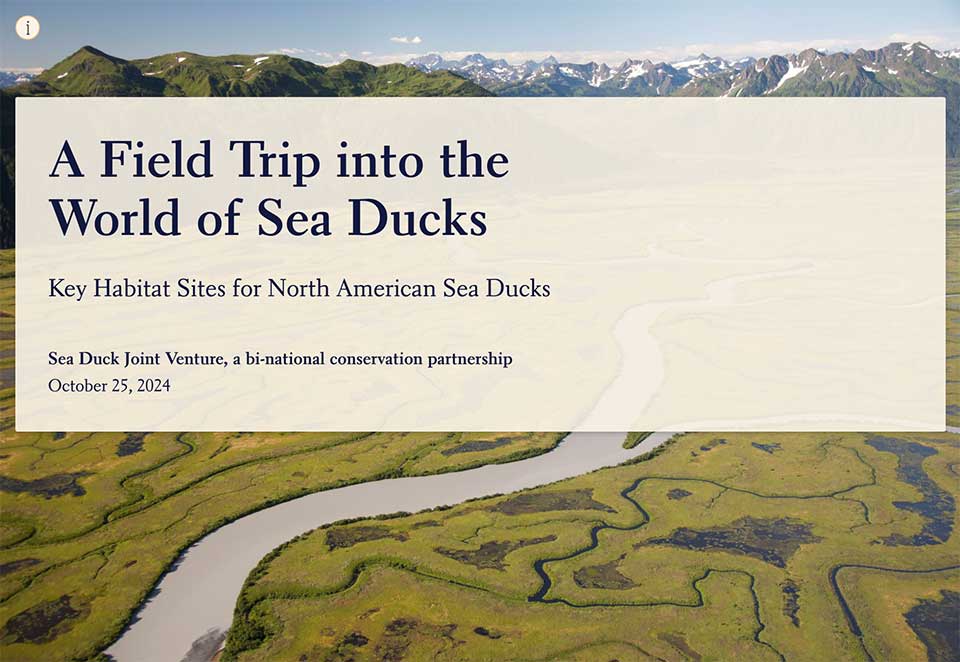
Jan 28, 2025 | News
We’re excited to share a new resource giving a peek into the world of sea ducks! Learn about sea ducks through virtual field trips that showcase key habitat sites for species in North America and Russia. The interactive story also highlights SDJV partner research...

Jan 7, 2025 | News
Rob holding a female hooded merganser at Bird Haven Ranch in the Central Valley of CA. Rob Blenk is a Ph.D. candidate at the University of California, Davis, working with Dr. John Eadie to inform waterfowl conservation. His SDJV fellowship project focuses on using...
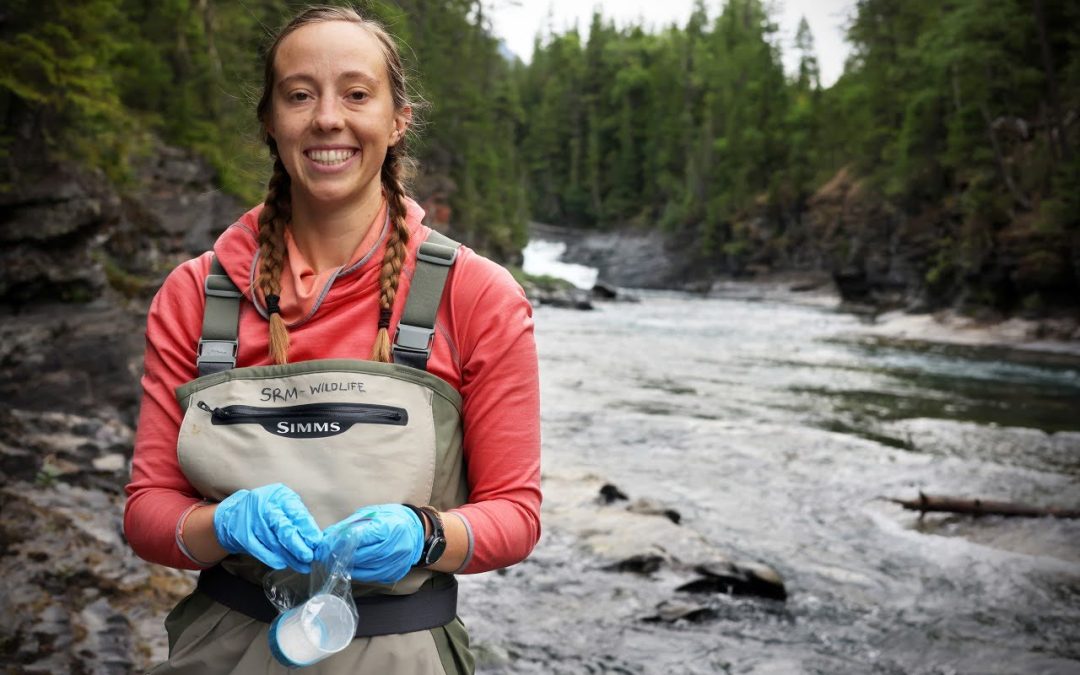
Oct 29, 2024 | News
Holli Holmes is currently a Master’s student at the University of Montana with Dr. Joshua Millspaugh and Dr. Hannah Specht (Montana Fish, Wildlife, and Parks), in the College of Forestry and Conservation where she is focused on Wildlife Biology. Holli completed her...
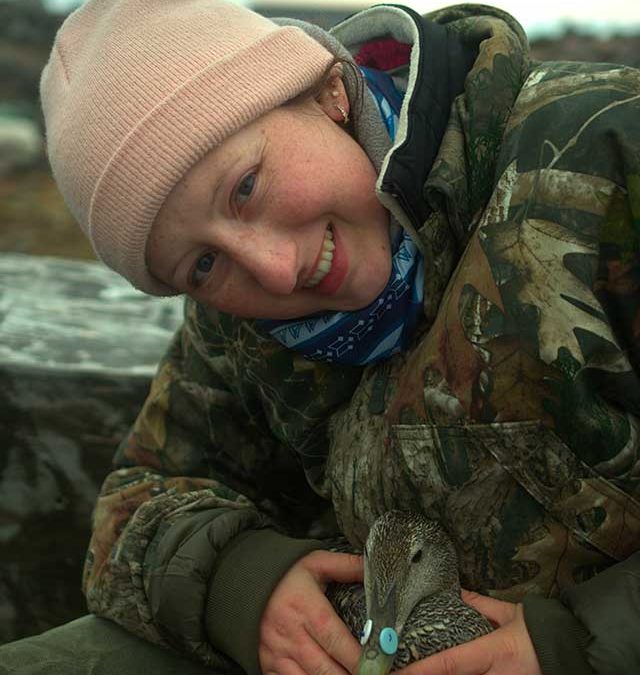
Aug 23, 2024 | News
Emily Macdonald with a female common eider. Photo: Alysha Riquier Emily is a Master’s student in Integrative Biology at the University of Windsor, Ontario co-supervised by Dr. Oliver Love and Dr. Christina Semeniuk. She completed her bachelor’s degree in Environmental...

Aug 23, 2024 | News
Sarah while Hiking in the Northeast. Photo: courtesy of Sarah Endyke Sarah received her Bachelor of Science as a double major in Environmental Science and English from the University of Massachusetts, Amherst in 2020. There, she took courses in conservation and...







